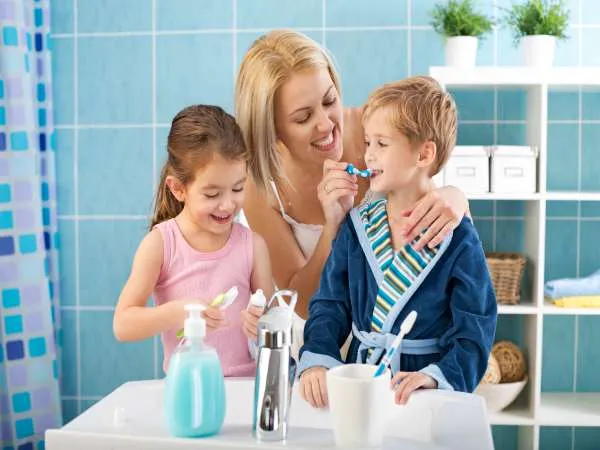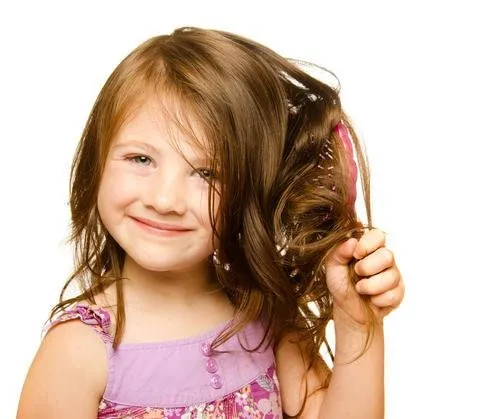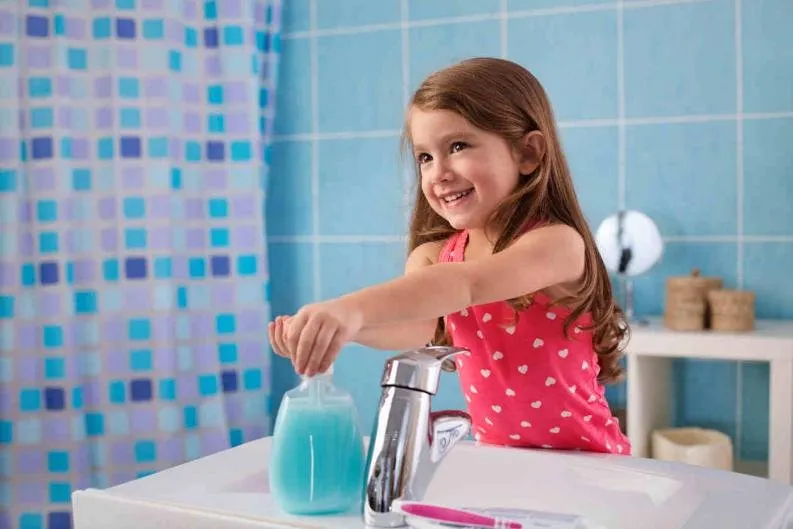What is personal hygiene?
Personal hygiene is understood as the actions with which a person takes care of their hygiene and appearance.
What are the most important personal hygiene habits?
1 - Take the bath daily
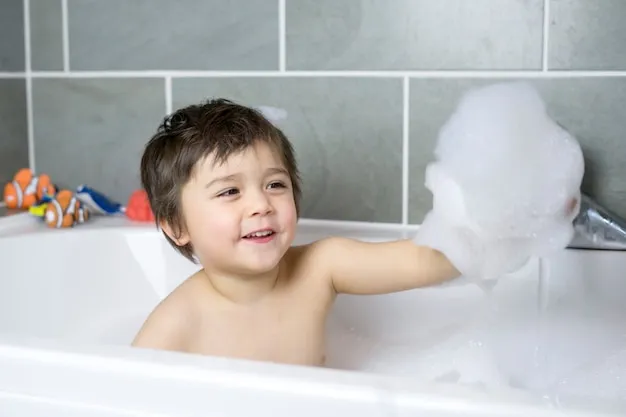
2 - Combing and washing hair
Hair gets dirty very easily due to dust in the air. Keeping hair clean and free of nits and lice is a necessary measure. Lice cause itching and can cause headaches, discomfort and irritability. In addition, they prevent children from releasing properly, since the feeling of discomfort is not for the children to be sleeping.
3 - Wash your hands often with soap and water
That is one of the most important personal hygiene habits! With this action, we can prevent diseases such as tuberculosis, pneumonia, cholera, influenza and respiratory infections.
4 - When washing hands, nails should receive special treatment
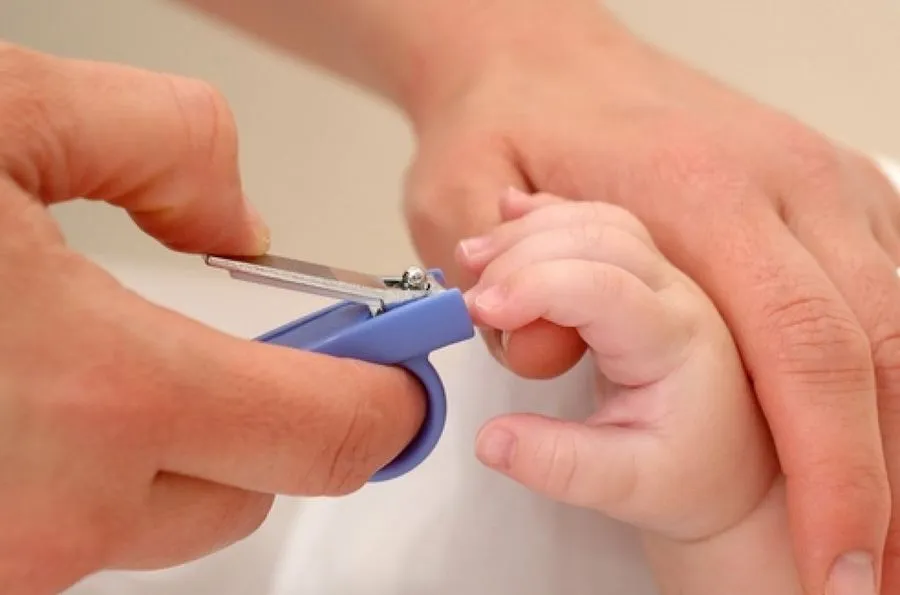
5 - Brush your teeth after every meal
It is recommended to brush your teeth after each of the important meals of the day or at least twice a day. It is an essential measure to avoid cavities, bad breath and other dental problems. During the first years of your child's life, it is important that you help him brush his teeth correctly. The ideal is that from 3 years of age the child already knows how to do that alone. In addition, it is necessary to explain to the children how the brush should be moved so that all the teeth are clean.
A habit is acquired over time. For an action to become a habit, it must be repeated many times. Only then will you enter your routine.
Reference:
- https://laopinion.com/2017/08/12/5-habitos-de-higiene-para-ensenar-a-los-ninos/
- https://www.etapainfantil.com/habitos-higiene-ninos


